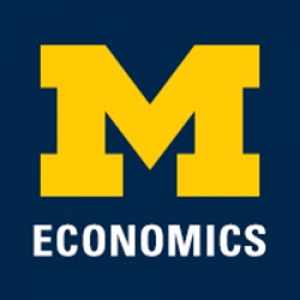Presented By: Department of Economics
Economic Theory: Cheap Talk with Transparent Motives
Doron Ravid, University of Chicago

Abstract:
We study a model of cheap talk with one substantive assumption: the sender's preferences are state-independent. Our key observation is that this setting is amenable to the belief-based approach familiar from models of persuasion with commitment. Using this approach, we examine the possibility of valuable communication, assess the value of commitment, and explicitly solve for sender-optimal equilibria in a large class of examples. A key product is a geometric characterization of the value of cheap talk, described by the quasiconcave envelope of the sender's indirect utility.
We study a model of cheap talk with one substantive assumption: the sender's preferences are state-independent. Our key observation is that this setting is amenable to the belief-based approach familiar from models of persuasion with commitment. Using this approach, we examine the possibility of valuable communication, assess the value of commitment, and explicitly solve for sender-optimal equilibria in a large class of examples. A key product is a geometric characterization of the value of cheap talk, described by the quasiconcave envelope of the sender's indirect utility.